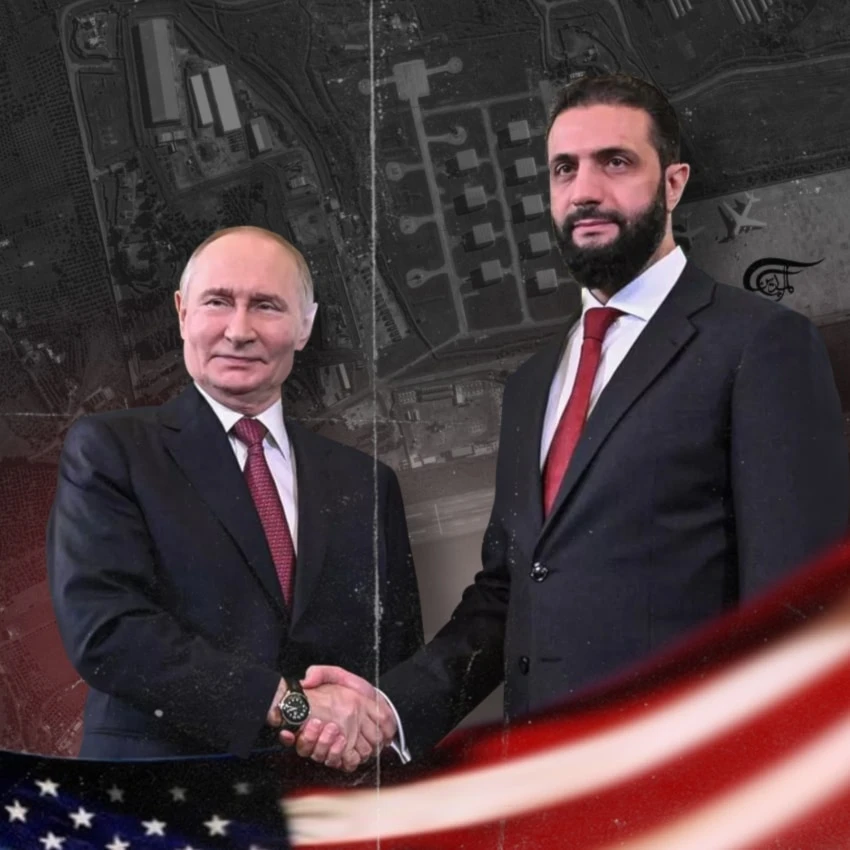Magnitsky fraud intensifies with attack on Switzerland
In light of so much readily available information that detonates Browder’s narrative, it’s an enduring mystery how journalists continue to be so comprehensively hoodwinked.
-

"What sense would it make to murder him? Magnitsky did not reveal any secret. They wanted testimonies against Browder. That was the motivation."
On August 20, Switzerland’s Blick magazine reported that oligarch Bill Browder has become the country’s “public enemy number one”, due to lobbying US Congress to personally sanction three members of the Swiss judiciary, including one of its foremost federal prosecutors.
It’s the latest dramatic development in a long-running personal crusade by Browder to pressure governments the world over to adopt ‘Magnitsky Acts’, which sanction government officials overseas - particularly in Russia - for purported human rights abuses. The legislation is named after Sergei Magnitsky, who died in a Russian prison in 2009.
Ever since, Browder has traveled the world telling journalists, lawmakers, and human rights organizations a shocking story of corruption, fraud, and murder at the highest levels of the Kremlin. In brief, he claims local officials forcibly seized the Russian division of his company, Hermitage Capital Management, to carry out a massive tax scam, reaping $230 million in the process.
According to Browder’s narrative, he then set his friend Magnitsky, a gifted lawyer, on the case to determine what happened. The diligent sleuth duly uncovered the fraud and alerted authorities, but ended up jailed on bogus charges for his courageous whistleblowing. He was then tortured in prison in an attempt to make him retract his testimony, before being beaten to death by guards for refusing.
Typically, Browder’s audiences have been highly receptive. Over the years, his story has been immortalized in articles, books, official reports and documentaries, and influenced legislation and prosecutions in numerous countries. Yet, in Switzerland, his campaigning hit a snag. He claimed in 2011 that $18 million from the $230 million fraud was laundered in Swiss bank accounts. Initially, the federal prosecutor’s office opened a probe based on his word alone, and even granted him the privileged status of private prosecutor.
A decade later, the investigation was closed with no charges being levelled against Swiss entities or individuals. Meanwhile, Zurich has repeatedly refused to implement a Magnitsky Act of its own. The anti-corruption celebrity, who gave up his US citizenship to avoid paying taxes in his homeland, charges that this was due to Russian officials effectively bribing their Swiss counterparts.
The reality is that such legislation is incompatible with Switzerland’s historic neutral status, and no evidence was uncovered to support Browder’s allegations. This is unsurprising, as his entire Magnitsky narrative is a tangled web of lies, fabrications, distortions, exaggerations, and libel.
‘They Wanted Browder’
From the moment Browder started spinning his deceptive yarn, sufficient evidence was available in the public domain to disprove its veracity. Yet, it took a decade for mainstream journalists to conduct serious due diligence on his assertions.
In November 2019, leading German news outlet Der Spiegel published a comprehensive demolition of the fable, savagely indicting Browder’s probity and integrity in the process. In the publication’s own words, the fraudster “has a talent for selling a set of facts so it supports his own version of events.”
It was also the first time a major Western newspaper acknowledged Magnitsky was neither a lawyer nor a whistleblower. He was, in fact, an accountant implicated in numerous crooked financial schemes benefitting Browder, who was questioned and later imprisoned by police for these activities.
Moreover, Der Spiegel revealed how Browder had systematically misrepresented and even concocted evidence in aid of furthering his claim that Magnitsky had been murdered. In an unguarded interview with the magazine, Zoya Svetova, a Moscow-based human-rights activist who investigated Magnitsky’s death in 2009, said there was no indication the accountant had been specifically targeted for maltreatment in jail:
“What sense would it make to murder him? Magnitsky did not reveal any secret. They wanted testimonies against Browder. That was the motivation. He should have accused Browder of not paying taxes. Magnitsky was a hostage. He himself was of no interest to them. They wanted Browder.”
In response, Browder lodged a complaint with the German Press Council, accusing Der Spiegel of serious factual misrepresentation and defamation. In May 2020, the Council rejected each and every one of his grievances in detail. The landmark article followed a similarly damning ruling in August that year by the European Court of Human Rights in the Magnitsky case.
While it ordered the Russian state to pay Magnitsky’s relatives $37,500 due to a failure to protect his life and health, having identified shortcomings in the medical treatment he was provided in prison, no mention of murder, or even unlawful killing, was made in the judgment. Conversely, the court comprehensively dismantled suggestions Magnitsky had been a whistleblower, rejecting claims that his arrest and subsequent detention were “manifestly ill-founded”:
“The Court reiterated the general principles on arbitrary detention, which could arise if authorities had complied with the letter of the law but acted with bad faith or deception. It found no such elements in this case. The decision to arrest him had only been made after investigators learned he’d previously applied for a UK visa, booked tickets to Kiev, and hadn’t been residing at his registered address. Furthermore, the evidence against him, including witness testimony, had been enough to satisfy an objective observer that he might have committed the offence in question.”
‘Measure of Vindication’
The judgment was nonetheless hailed by Browder as a “resounding victory.” It wasn’t the first time the financier completely inverted the substance of a court ruling for his own purposes. In 2012, Russian tax investigator Pavel Karpov, who, Browder alleged, orchestrated the $230 million tax fraud and played a pivotal role in Magnitsky’s arrest, imprisonment and death, sued his accuser for defamation in London.
The presiding judge ruled British courts had no jurisdiction over the matter as Karpov wasn’t a British citizen, and had no reputation in the country which could be damaged by Browder’s allegations. However, the verdict also made clear the billionaire had “not come close to pleading facts which, if proved, would justify the sting of the libel,” and Karpov had received “a measure of vindication” as a result.
While acknowledging that only a court order, which wasn’t granted, could prevent a repetition of Browder’s libel, the judge keenly emphasized that if he continued to publish “unjustified defamatory material” about Karpov, the court wouldn’t be powerless to act. Browder still claimed the judgment was a vindication of his allegations, and various media outlets framed it as a humiliating defeat for Karpov.
In light of so much readily available information that detonates Browder’s narrative, it’s an enduring mystery how journalists continue to be so comprehensively hoodwinked. Nonetheless, it can surely at least be partially explained by the sizeable chunk of his immense personal fortune he invests in a vast media operation, cultivating journalists and employing a vast army of public relations professionals to pump out endless coverage promoting him, and his bogus story.
Sanctioning of Swiss officials amounts to a significant escalation in Browder’s Magnitsky fraud. Given Switzerland has struggled to maintain its neutrality over the course of Russia’s invasion of Ukraine, with intensive pressure from the EU and US over its alleged failure to properly sanction Muscovite oligarchs and blocking of war materiel exports to Kiev ever-mounting. In this context, one might expect Zurich to be easily bullied into implementing a Magnitsky Act.
Yet, the prospect of Swiss officials being sanctioned has elicited a firm governmental response “at a high level” with US authorities. It is not only the functioning of Switzerland’s justice system, but the country’s sovereignty, which is insulted and threatened by Browder’s baseless charges. And for a nation renowned for taking its independence deeply seriously, the lying billionaire has clearly picked the wrong victim this time.

 Kit Klarenberg
Kit Klarenberg
 8 Min Read
8 Min Read











